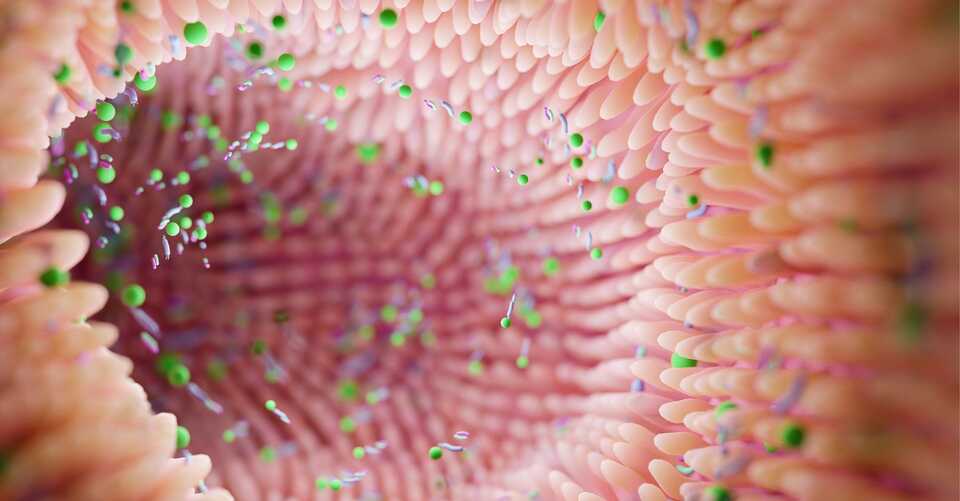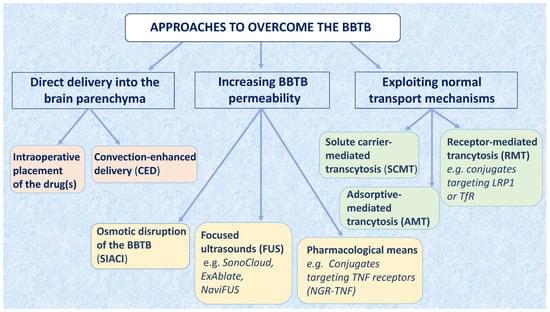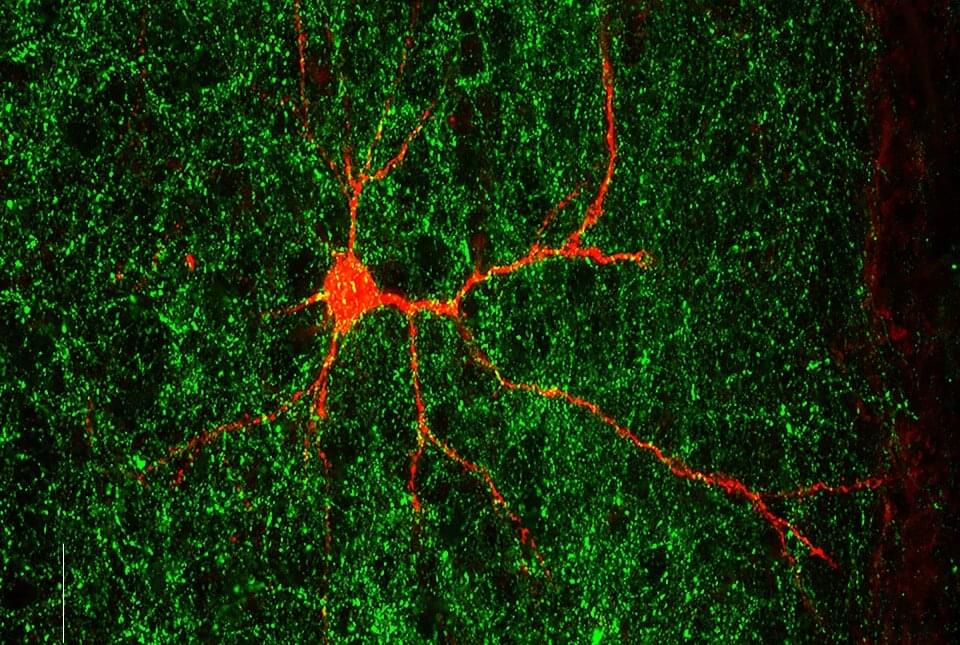The only time might be willing to take shit off someone.
— Cancer patients weren’t responding to therapy. Then they got a poop transplant.
— The same exact foods affect each person’s gut bacteria differently.
But now, Rebyota is available as the first FDA-approved “fecal microbiota product.” In a late-stage clinical trial, the one-dose treatment reduced the rate of C. diff flare-ups by 29.4% in the eight weeks after antibiotic treatment, compared with a placebo, STAT reported. Taking two clinical trials of the treatment into account, the success rate of the treatment “was significantly higher in the Rebyota group (70.6%) than in the placebo group (57.5%),” the FDA noted.







